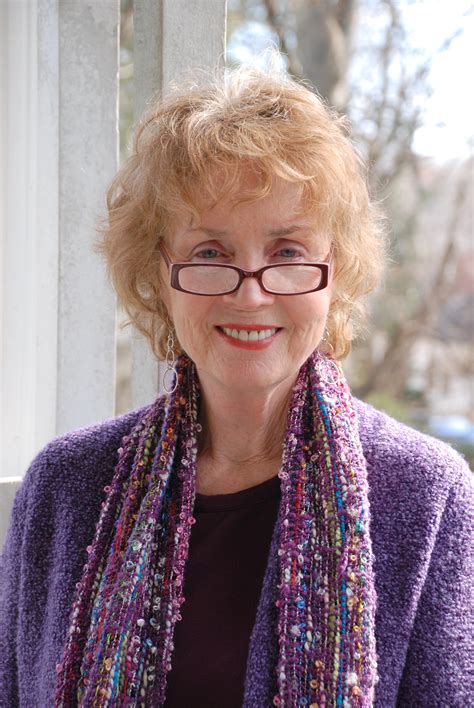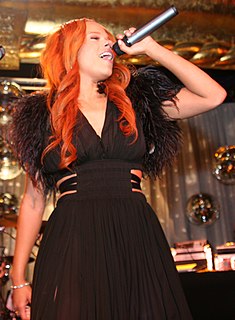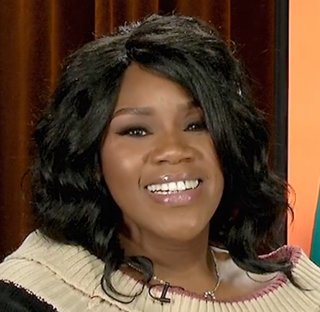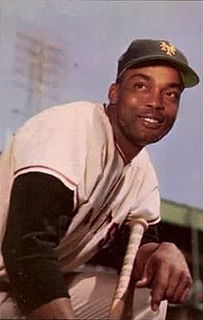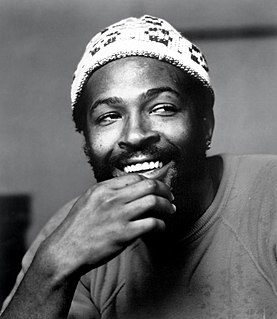A Quote by Cory Booker
I was raised in a very religious home with two parents who were deeply involved in the black church. When I was young, I went to a small black AME church in New Jersey.
Related Quotes
When you go to a church and you see the pastor of that church with a philosophy and a program that's designed to bring black people together and elevate black people, join that church. Join that church. If you see where the NAACP is preaching and practicing that which is designed to make black nationalism materialize, join the NAACP. Join any kind of organization, civic, religious, fraternal, political, or otherwise that's based on lifting the black man up and making him master of his own community.
I was raised in a little church, the Grundy Methodist Church, that was very straight-laced, but I had a friend whose mother spoke in tongues. I was just wild for this family. My own parents were older, and they were so over-protective. I just loved the 'letting go' that would happen when I went to church with my friend.
I would say I'm black because my parents said I'm black. I'm black because my mother's black. I'm black because I grew up in a family of all black people. I knew I was black because I grew up in an all-white neighborhood. And my parents, as part of their protective mechanisms that they were going to give to us, made it very clear what we were.
The Catholic Church had strict racial attitudes and intolerance for anybody who was not Catholic. When I look at a lot of Black ministers and what went on in the Black church, I was more caught up with those who were in Cadillacs and shiny suits than I was with those who were Kingian in their style.
You know the AME Church has a history of empowering black people and having an international outlook. So it was the women of the church who began to give Sarah Breedlove an image of herself as something other than an illiterate washerwoman, and she wanted to make her life better, and her daughter's life better.
As you know, I'm a black girl out of the projects of New York City, raised in a single parent home because my parents divorced very very young... welfare and homeless at four and then again at 16 and just not having the things or the necessary tools that society would say I needed to have in order to be any kind of success in life.
I know specifically me being somebody who has had most of my experiences within the black church, that's cultural... you gotta put on your church clothes when you got to church...and it's nothing wrong with that - that's absolutely fine! But I think what's happening to a new generation ,the hip hop generation, there's astigmatism, a feeling that I'm unwelcome.
I was all-state in four sports in New Jersey, but sometimes I couldn't get served at a restaurant two blocks from my high school. There were no job opportunities then... the only thing a black youth could aspire to be was a bellboy or a pullman or an elevator operator, or, maybe, a teacher. There was a time when all we had was black baseball.


